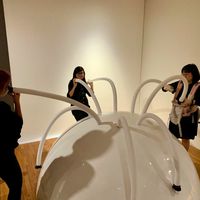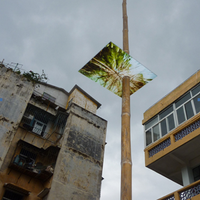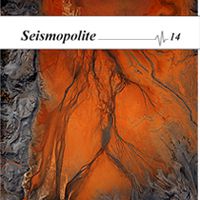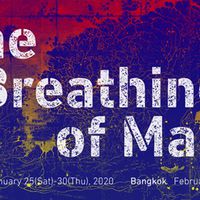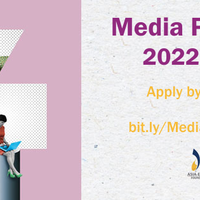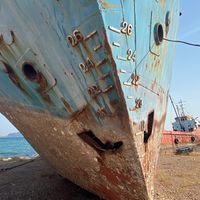OPEN CALL: DOES THE BLUE SKY LIE? TESTIMONIES OF AIR’S TOXICITIES
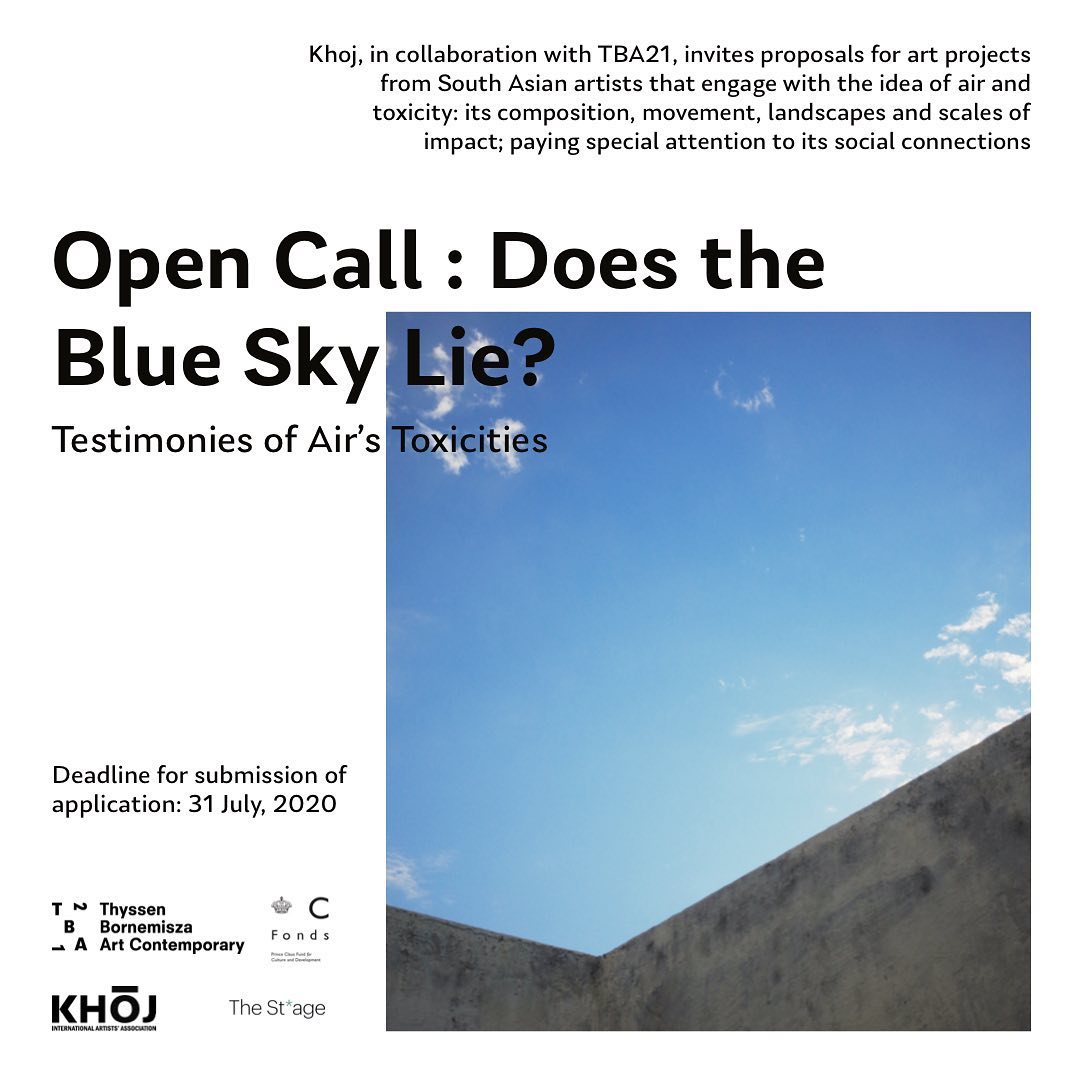
Khoj, in collaboration with The St*age, invites proposals for art projects from across South Asia that engage with the idea of air and toxicity: its composition, movement, landscapes and scales of impact; paying special attention to its social connections. Proposals from across South Asia that span disciplines and create connections between the natural sciences, ecology, urban planning, botany, anthropology.
OPEN CALL: DOES THE BLUE SKY LIE? TESTIMONIES OF AIR’S TOXICITIES
“Can man live elsewhere than in air?”- Luce Irigray
Air is the site of “smell, breath, wind, weather, air conditioning, air pollution, science, sound, oxygen, smoking–the tactility of the atmosphere.”
It travels across all spatial scales– from the vastness of winds blowing across continents, to the regional particularities of pollutants, down to the intimate exchange it has with the human body, as each breath brings air into the body’s interior.
Khoj, in collaboration with The St*age, invites proposals for art projects that engage with the idea of air and toxicity: its composition, movement, landscapes and scales of impact; paying special attention to its social connections
These projects will be housed on The St*age, an upcoming radical collaborative digital space initiated by TBA21 that presents critical works from young and emerging artists.
This call marks the first phase in “Does a Blue Sky Lie? : Testimonies of Air’s Toxicities,” a 3-year project partially supported by The Prince Claus Fund, that Khoj is undertaking to explore the troubled ecology of Delhi’s air.
Even as air permeates our bodies, the ways in which it enters our consciousness are limited. The panic around the smog that plagues the Northern part of the Indian subcontinent hinges on a logic of visuality– it is only when there is a visible haze that attention turns toward the air quality when even the sunniest day registers air quality levels well above hazardous.
How do we begin to think about the air and what drives it to be toxic, even when it is ephemeral, invisible, removed from our consciousness by the deceptive blueness of the sky?
How can art be used to mobilize attention to the micro-encounters we have with the atmosphere?
What are the ways in which embodied knowledge of our exchanges with air can be used as testimonies to call for collective action, or sites to understand the intertwined meanings of nature?
What is the language we use to talk about air and does it change across vernacular registers or across hyperlocal geographies?
What are the ways in which power, whether geopolitical or caste, class and gender-bound dictates who breathes what sort of air?
And most importantly, what sort of futures can we imagine for our atmosphere?
We are interested in proposals from across South Asia that span disciplines and create connections between the natural sciences, ecology, urban planning, botany, anthropology.
We encourage works in any medium that will translate well to being shown digitally, especially gaming, sound, animation, moving image and audiovisual art.
While applicants are encouraged to consider the questions in the formulation of their proposal, it is in no way mandatory, and proposals touching on the topic of air pollution/the toxicity of air and its social implications are also welcome.
DETAILS:
Projects will be awarded between 2000-3000 Euros and will be highlighted for a week on The St*age, along with programming and conversation with curators and academics on the same thematic. Afterwards, it will remain in The St*age archives so it can be part of broader narratives and entanglements with other artists.
To apply please send the following to applications@khojworkshop.org with the subject line “Testimonies of Air’s Toxicities” :
A detailed CV
A Letter of intent specifically responding to the questions and provocations in this Open Call
A project proposal for not more than 2000 words, including a budget breakdown
Weblinks or images (not more than 5 MB in size) and video (not more than 25 MB) of completed past works
Deadline for submission of application: 31 July 2020
Similar content
from - to
23 Jun 2012 - 07 Jul 2012
posted on
05 Sep 2016
from - to
25 Jan 2020 - 01 Feb 2020
deadline
15 Mar 2022
27 Oct 2022

